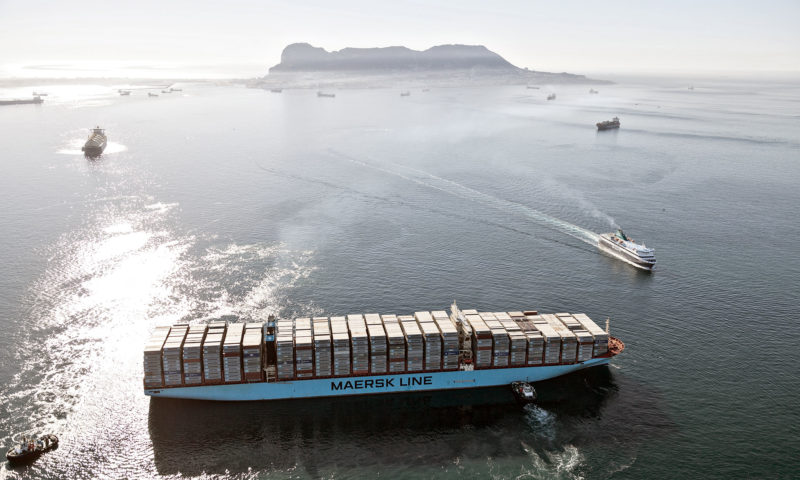
The freight and logistics sector in Malta is an important pillar of the country’s economic set-up which employs approximately 5,000 people. But what are the challenges facing this sector? Is there potential for growth?
…
Importers still lament that there are bottlenecks at the ports and that costs are still high. What is the way forward? Joe Gerada, managing director of Thomas Smith, explains that the entries to Malta are mainly of three types: container sea freight, trailer sea freight and air freight.
“In each case, if the shipping agent, freight forwarder and importer are organised, speed of entry – which is what I am understanding is referred to by ‘bottlenecks’ – should not be an issue, particularly if goods are of EU origin.
“As shipping service suppliers we should know what our customer needs, what his time tolerances are; and there is no reason why these should not be met. We have some very fast transit times available and you will find airfreight competing with trailers sometimes,” he says.
Mr Gerada says the buyer will always complain unless it’s a glamour, luxury, fashion item, which unfortunately shipping is not. “In my opinion competition is dealing with any cost issues except where they are a result of inefficiencies because of old unnecessary practices or if some government institutions or departments work limited hours – summer is a case in point.
“I feel the private sector which includes overseas shipping lines, airlines, trailer companies, local shipping agents and freight forwarders have sharpened their act, and today offer many efficient and cost-effective solutions. Some prices for moving freight are actually unreasonable from a supplier point of view, but then market forces are what they are and they dictate.”
…
Article by Vanessa McDonald published on The Business Observer – The Times of Malta – incorporating comments by Thomas Smith Group Managing Director, Mr. Joe Gerada:
The full article can be viewed here.

